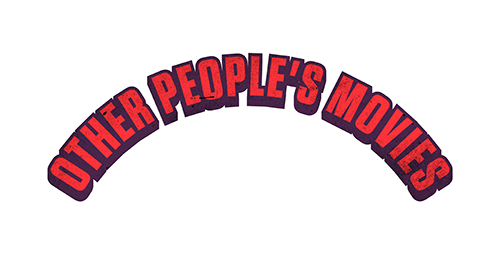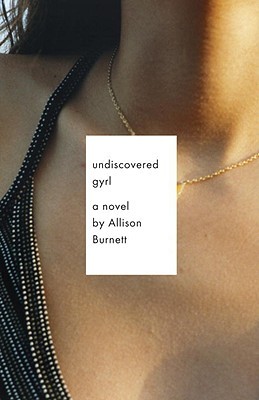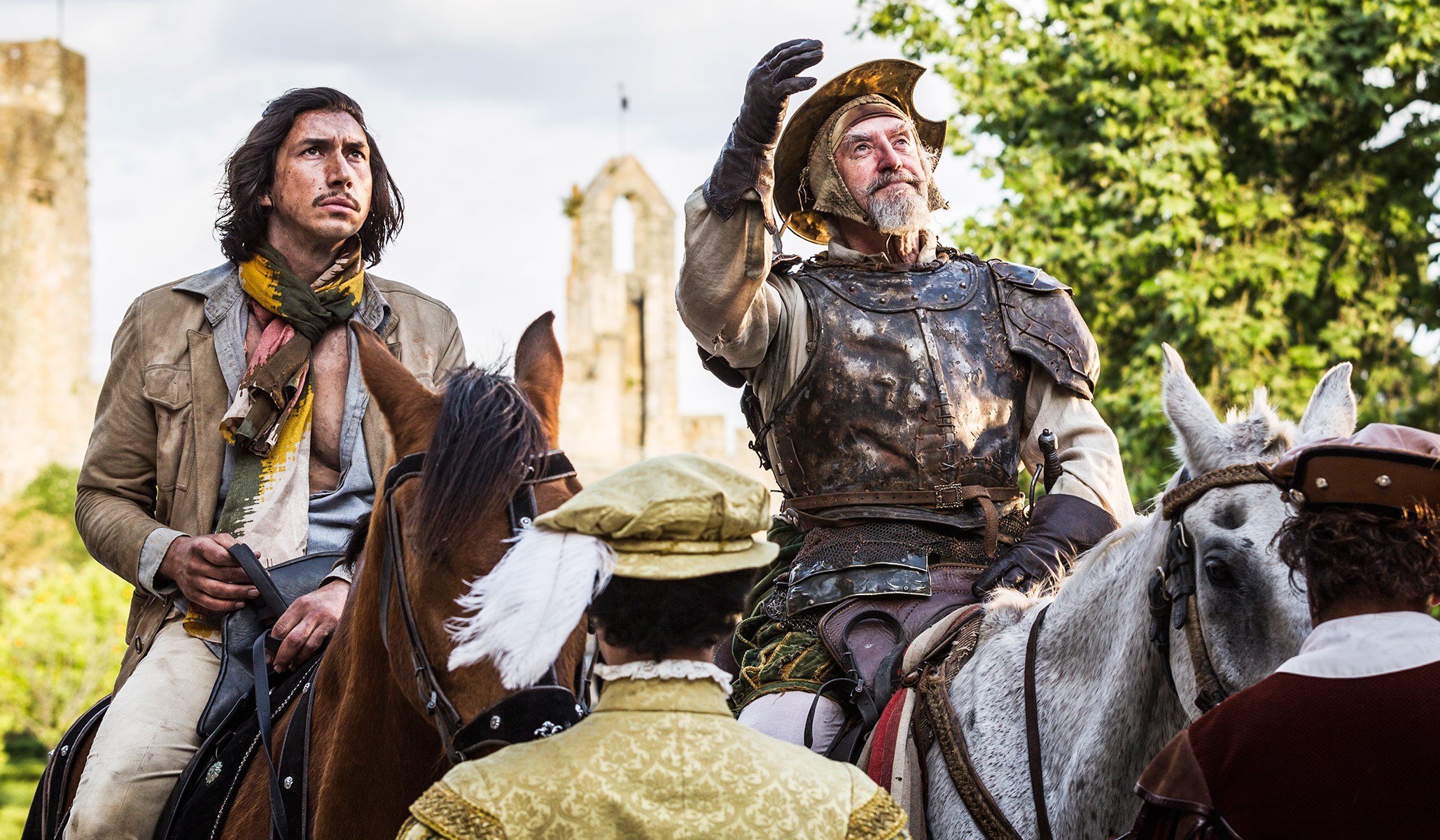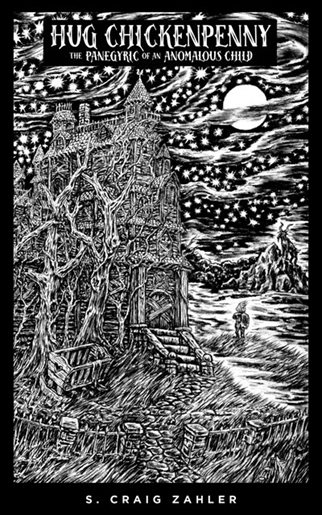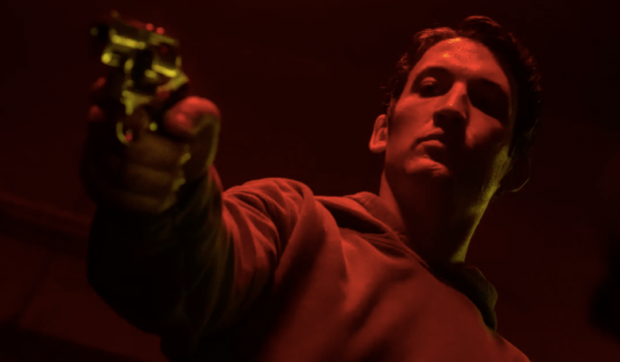
While recently reviewing Terry Gilliam’s The Man Who Killed Don Quixote, I was struck with the realization that I am no longer able to separate my love and knowledge of the filmmaker’s career from my opinion of his most recent films. It is very important to note before reviewing his new ten-episode, thirteen-hour Amazon Prime series Too Old to Die Young that I am now, officially, unable to do the same with Nicolas Winding Refn.
Along with Gaspar Noé and Harmony Korine, Refn is one of the few filmmaking auteurs from a generation that has little room for auteurs. With each new entry, Refn’s films have progressed to a place that run entirely on their own logic and play by their own rules. From his gritty beginnings with the Pusher trilogy to his flirtation with the mainstream through Drive to his ingeniously nonsensical fashion horror comedy The Neon Demon, Refn has been refining his own personal genre for over twenty years.
Refn’s genre consists of infinite cinematic references and is filled to the brim with depictions of heavily stylized and graphic violence, torture, incest, rape and other depravities that go beyond most of our imaginations. As he’s evolved, he’s further pushed himself into the territory of modern surrealism (if there’s any current successor to David Lynch, it is unquestionably Refin), creating action films and/or genre efforts that are filtered through dream logic and other arthouse sensibilities. The predominant atmosphere in his films has come to resemble an eighties exploitation b-movie, but one that is consistently balanced with moments of ethereal beauty—which has been properly highlighted by the skilled electronic ambience of composer Cliff Martinez since 2011’s Drive.

The good news for Refn fans is that Too Old to Die Young is a complete and unapologetic culmination of where his career has been heading up to this point. It’s an epic crime saga about revenge, corruption and perversion that is told at a leisurely pace in the most dreamlike of manners—and it’s all peppered with random and sudden bursts of absurdly graphic sex and violence.
Miles Teller headlines the series as a corrupt police officer. After his partner is gunned down by a drug lord’s son (Augusto Augilera) seeking vengeance, Teller starts moonlighting as a hired killer for a powerful drug dealer (Babs Olusanmokum). His seedy life gets more complicated when his disturbed underage girlfriend (Nell Tiger Free) introduces him to her sleazy millionaire father (William Baldwin) right around the time he is also being promoted to detective.
Teller’s investigation of a murdered pedophile leads him to a dying hitman (John Hawkes) who only hunts predators. Hawkes is working for a lawyer (Jena Malone) who specializes in defending abuse victims and uses her practice as a means of finding new targets. Teller develops something resembling a conscience, and decides to only kill the really bad guys for his boss while he starts training to work with Hawkes and Malone.

After lying low in Mexico, Augilera returns to America with his new wife (Cristina Rodlo) to take over his departed drug lord mother’s business. His first task is to stop Olusanmokum from dominating his mother’s established territory, and a war ensues with many parties caught in the crossfire. An avenging female known only as The High Priestess of Death soon raises her head and chaotically throws any preconceived notions (of the characters or the audience) completely out the window.
While that covers the gist, it doesn’t even being to explain the experience of watching Too Old to Die Young unfold into its beautifully twisted entirety. Part of its disturbed joy comes from understanding early on that there’s no way of predicting the outcome of any scenario. For all its audacity and because of the singularity in Refn’s vision, there is nothing else quite like it in episodic—or any other–format.
Too Old to Die Young always feels like it’s following the course of a larger (albeit insane) plan—no matter how many seemingly random deviations it takes from it. Each of the series’ ten episodes (or “chapters” as they’re technically referred to) works at its own carefully specific pace to cover its own selection of events. It is ultimately a sprawling story told in segments that amounts to a grand and dizzying whole.
Aesthetically, the series is a continuation of the impeccably assaultive neon lighting and nonlinear, expressionistic editing that dominated the styles of Only God Forgives and The Neon Demon—Refn’s two previous feature efforts. “Normal” lighting for Refn and cinematographer Darius Khondi is to bathe the actors and their surroundings in thick red and blue hues–which the admittedly colorblind Refn appears to favor to the point of fetishisation.

Every member of the cast blends seamlessly into their roles and into Refn’s world. Teller gives a grounded, stoic and near-silent (think Gosling in Drive) performance. Like most Refn protagonists, he reacts and conveys emotion through stillness, and the inherent charisma of his presence (again, like Gosling’s) allows us to empathize with and care for him—in spite of how morally devoid his character repeatedly proves himself to be. Teller portrays a conflicted character, a man torn between two worlds and two sides of himself. He’s able to convey this with subtlety and restraint, and the young actor proves himself capable of achieving a mature and long-lasting career.
It’s almost needless to say that veterans Malone and Hawkes deliver outstanding performances. They both represent Refn’s version of a hero—flawed, broken and filled with pain and regret. The only good they can make of it is to unleash destruction and vengeance on those worse than they are. Olusanmokun gives a breakout performance as Teller’s drug dealer boss, portraying the character in bouts of quiet and focused intensity that crack into moments of unbridled insanity under the most extreme of circumstances.
Aguilera has a steely and wounded presence as the newly appointed Mexican drug lord who really needs to get over his obsession with his dead mother. His perverse little boy lost portrayal is as strangely sensitive in the series’ beginning as it is horrifically brutal by the end. Rodlo shines as the dominant wife with a mysterious past, believably and effortlessly owning every character she comes across onscreen.
The true standouts in the cast, however, stem from the subplot involving Teller’s unwise decision to date a minor. Free portrays his underage girlfriend, who is traumatized by the suicide of her addict mother, with a tough-shelled, soft-cored vulnerability. She consistently reminds us she’s the true victim of the series’ events without excessively advertising it. Baldwin, completely and perversely unhinged, portrays her father as a loving man who sincerely wants what’s best for his daughter–but also can’t hide the fact that he’s indisputably the source of what compels her increasingly poor and reckless decisions.
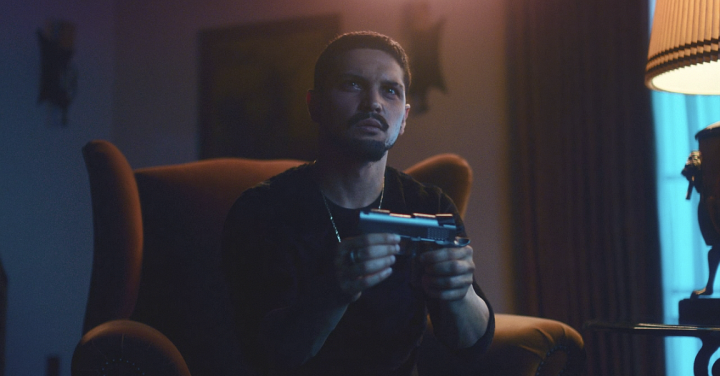
Too Old to Die Young is a conclusion that Nicolas Winding Refn has been coming to for his entire career. It is filled with heart, humor, passion, blood, guts, romance, innovative technique, and uniquely refined artistry. Its beauty is in its ugliness—and vice versa. The important thing to remember is that all these attributes are being mirrored through Refn’s skewered perspective—where humor is a Trump-era police lieutenant portrayed by Hart Bochner (aka Ellis from Die Hard) re-enacting the crucifixion of Jesus to inspire his squad, where passion is gunning down a trailer park filled with rapists and child molesters and where romance is a man having his wife pretend to be his mother while sodomizing him with the handle of a bullwhip.
Needless to say, those wanting the Refn who melded his sensibilities with the mainstream and made Drive (which did not originate with him) will be sorely disappointed by the epic arthouse installment of his subconscious that is Too Old to Die Young. Those who can’t get enough of his candy-colored madness will be nothing short of thrilled as every minute of its thirteen hours unspools before their eyes. It is an unabashed celebration of a filmmaker in full command of his gloriously bold, dementedly special voice.
I’d like to think that Too Old to Die Young could be a strong, sweeping finish to this chapter of Refn’s career as he embarks on pushing himself elsewhere in the next. I’d like to see him ground himself like he did with Drive and do a project that’s a tad more accessible while still retaining his own unique aesthetics—then see where his unfiltered artistic whims take him after that. If Refn keeps following the same unchecked trajectory he’s currently on, there’s potential that his next effort could implode as a result.
While Nicolas Winding Refn hasn’t quite reached the level of exclusivity that many auteurs do later in their careers, he’s getting dangerously close. All great works walk the line between success and failure, accessibility and pretension–but Refn’s line is getting thinner with each new project. That’s part of what makes his work so utterly thrilling, however, and part of why Too Old to Die Young’s pay-off is ultimately so great: it always keeps you guessing just where, exactly, it could fall.
GRADE: A
